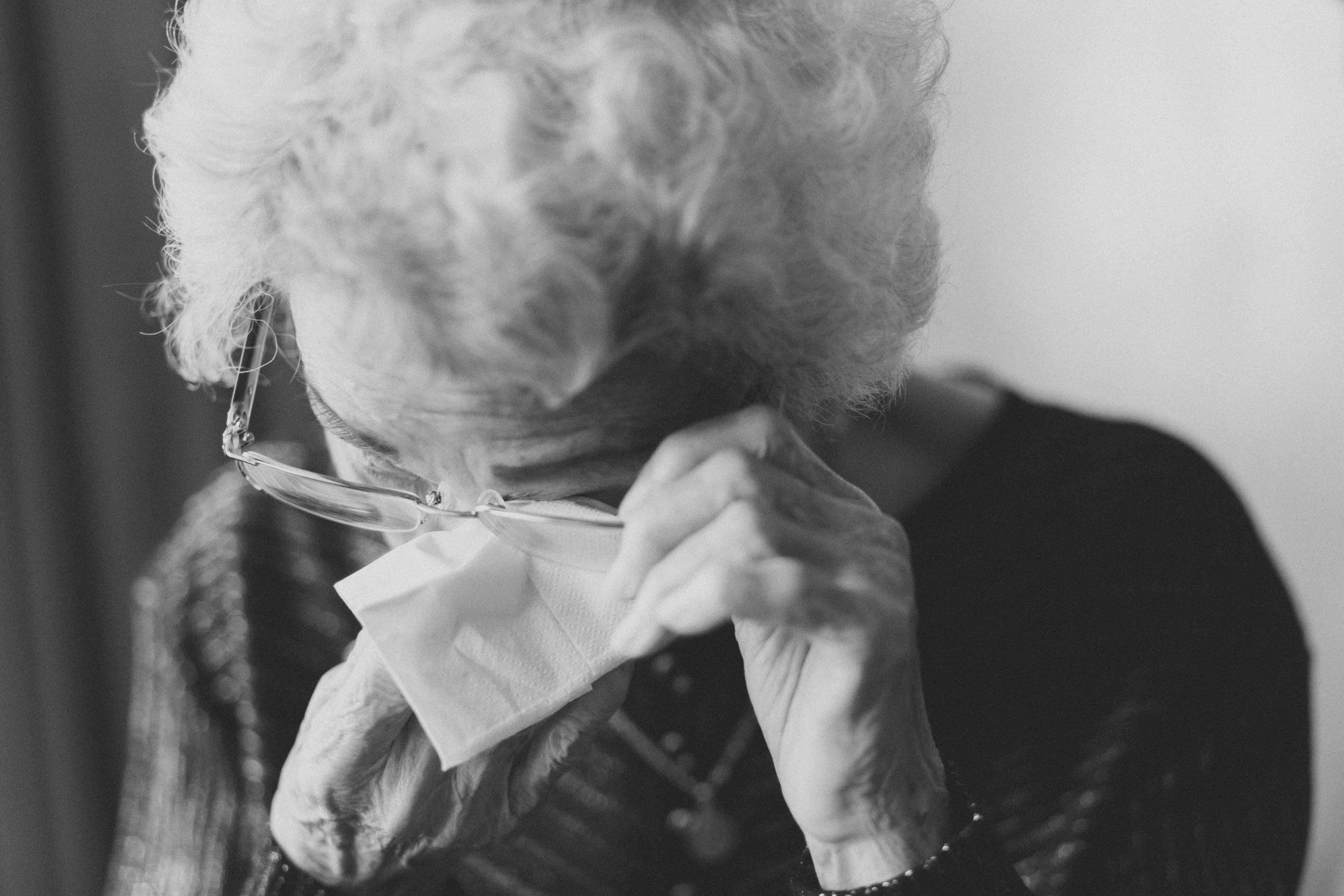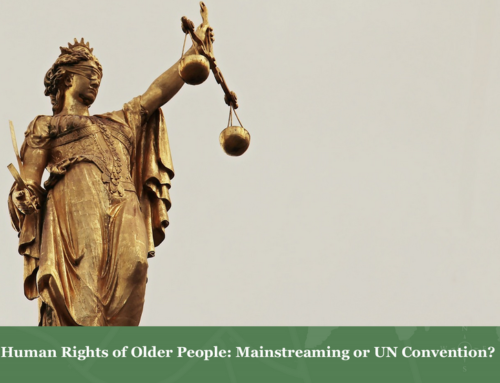“If you want us to live a long life, make it so that we can actually live our lives!”
This was a comment borne out of frustration but reflects well the general feeling in a recent discussion about older persons and justice. More than 30 people gathered to share stories of the injustice they’ve experienced as older persons and what they think should be done.
This discussion took place in Vancouver with Age Knowble as the host. Participants e in their 70s or older. These active individuals gather weekly at the South Vancouver Neighborhood House for some exercises, workshops and then a community lunch.
Injustices and the older person
In the first part of the discussion, we asked participants to list things they felt be unjust as an older person. They quickly came up with civil or criminal injustices that have affected themselves or other older persons they know. When we look more closely at these injustices, they are either age based, praying on the vulnerabilities of the old age, or neglecting to account for late stage life course needs in policy making:
- Email and telephone scams
- Mandatory retirement even when a person is fit to work and wants to work
- Insurance rates that increase with age despite being of good health status
- Pension payments not keeping up with cost of living
- Losing access to second opinions on medical issues at a nursing home
- Inadequate care, theft or abuse by carers
Access to justice and the older person
The second part of our discussion focused on what people do now when they experience an injustice. The most common answers were to call the police (when the action was definitely a crime) and look for help through computer search.
As we talked more, it became clear that there are significant barriers for older persons when it comes to accessing justice both in and out of the court system. Some of the most common were:
- Didn’t seek out help because they didn’t know help was available.
- Accepted an unreasonable situation because they were raised to respect authority.
- Have little energy available to fight because of medical conditions.
- Have problems with mobility, money or language, so the task seems impossible.
- Cannot access a computer to look things up and even if they could, the information is difficult to find, understand and remember.
Right to Justice and the older person
The third part of our discussion was all about solving the problems. We asked the participants what they would do if they were in charge. Here’s what they said:
- Have a single telephone number to call instead of having to search for the right department through trial and error.
- Make information intake possible on the phone as well as in person.
- Be able get situation-specific advice and information on what to do instead of sorting through a big pile of information and hoping for the best.
- More workshops on type of help available and who provides the help.
As we continue to live longer, our social-economic policies will have to evolve to support changing needs. Access to justice in the Universal Declaration of Human Rights confirms every person’s right to obtain legal help and access the justice system. This includes those with grey hair.
The World Justice Project measured our global justice gap. Two thirds of us in the world either cannot obtain justice (i.e. civil, criminal, and administrative problems), are excluded from support of the law (i.e. lack of legal identity, work or tenancy documents) or live in extreme conditions of injustice (i.e. slavery or fragile states). Amongst this 5.1 billion people around the world facing justice issues are our older persons.
More needs to be done locally and globally to help raise the voices of older persons on this global issue and provide them support that is needed. We can all help – be it as Good Samaritans, advocates for change or agents of system change.






